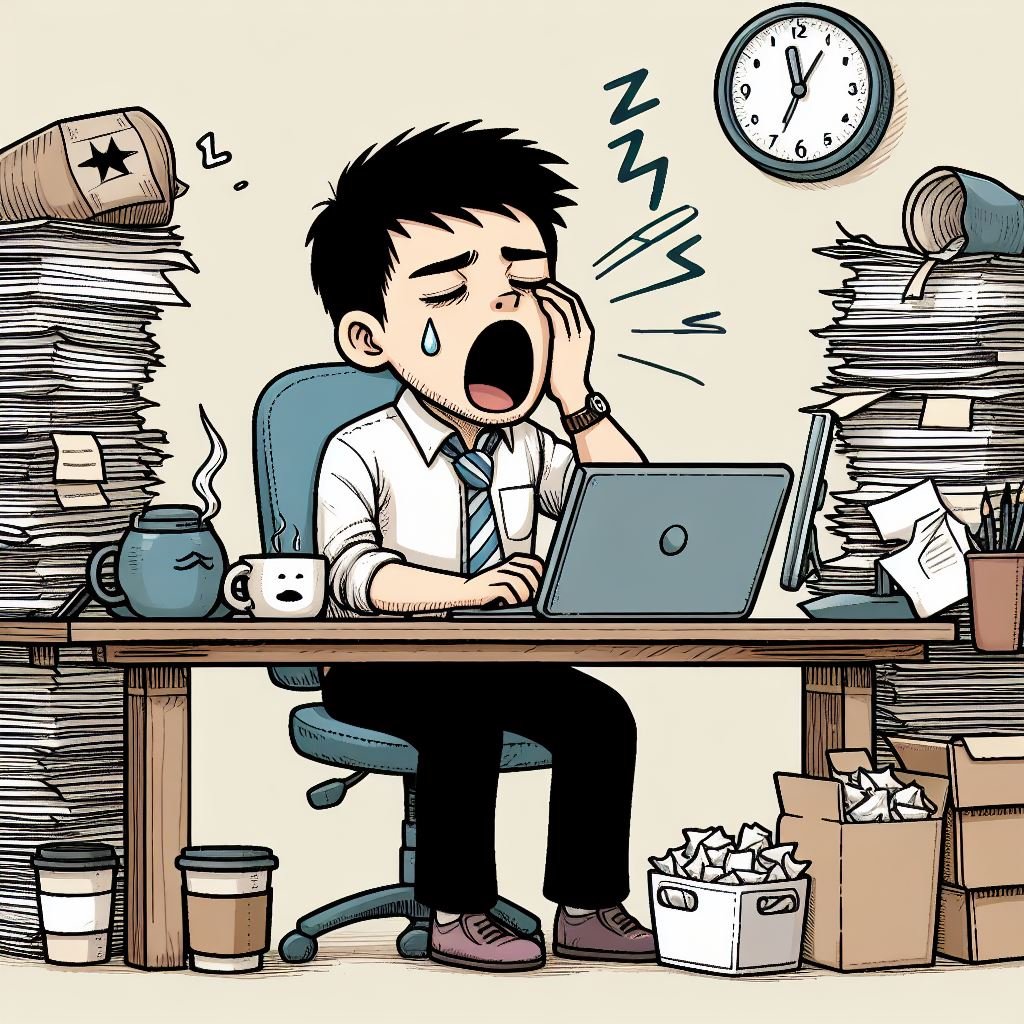
- Introduction
- Medical Insights
- Understanding Sleepiness
- Practical Strategies to Avoid Sleepiness
- The Role of Environment
- Conclusion
- FAQs
How to Stop Feeling Sleepy
Introduction
[How to stop feeling sleepy]
Ever find yourself struggling to stay awake through the afternoon slump or yawning incessantly during a morning meeting? You’re not alone. Many of us experience unwelcome waves of sleepiness that seem to hit at the most inconvenient times. This article dives into why we feel sleepy when we least want to and offers a toolbox of strategies to help you kick that grogginess to the curb. From adjusting your sleep habits to reevaluating your diet and exercise routine, we’ll cover all the bases to help you feel more alert and energetic throughout your day.
How to Stop Feeling Sleepy
Feeling sleepy when you shouldn’t be can throw a wrench in your daily routine. Whether it’s nodding off during meetings or yawning through social events, excessive sleepiness can seriously hamper your productivity and enjoyment of life. In this article, we’ll dive into the causes of sleepiness and explore practical ways to combat it.
Understanding Sleepiness
Causes of Sleepiness
[How to stop feeling sleepy]
There are myriad reasons why you might feel sleepy. Lack of adequate sleep, irregular sleep patterns, and poor sleep quality are the usual suspects. But, other factors like diet, hydration, and even your level of physical activity play significant roles too.
[How to stop feeling sleepy]
Impact on Daily Life
Chronic sleepiness can affect nearly every facet of your life. It can decrease your cognitive functions, impair your judgment, and even make you more prone to accidents. Socially and professionally, it can lead to misunderstandings and missed opportunities.
Practical Strategies to Avoid Sleepiness
Adjusting Sleep Habits
The cornerstone of feeling alert is having good sleep hygiene. Aim for 7-9 hours of quality sleep each night. Establish a regular bedtime routine and stick to it, even on weekends. This helps regulate your body’s clock and improves your sleep quality.
Nutrition and Hydration

What you eat and drink has a profound impact on your energy levels. Avoid heavy meals and foods high in sugar before bedtime. Stay hydrated throughout the day as dehydration can cause fatigue.
Physical Activity
Regular physical activity can help regulate your sleep patterns and improve your sleep quality. Even a short walk in the afternoon can help ward off sleepiness later in the day.
The Role of Environment
Optimizing Your Environment

Ensure your sleeping environment is conducive to rest. Keep your bedroom dark, quiet, and cool. Invest in a comfortable mattress and pillows to support a good night’s sleep.
Medical Insights
When to See a Doctor
If adjusting your sleep habits and lifestyle doesn’t help, it may be time to consult a doctor. Sleep disorders like sleep apnea, insomnia, or narcolepsy could be the culprits.
Possible Medical Treatments
Depending on the diagnosis, your doctor might suggest treatments ranging from medication to therapy. For instance, CPAP machines for sleep apnea or behavioral therapy for insomnia can be effective.
Conclusion
Battling sleepiness is a multifaceted approach that involves tweaking your lifestyle, habits, and sometimes seeking medical advice. By understanding the underlying causes and implementing practical strategies, you can say goodbye to unnecessary sleepiness and hello to vibrant, energetic days.
[How to stop feeling sleepy]
FAQs
- What are some quick fixes to combat sleepiness?
- Try a quick walk, a glass of cold water, or a short nap.
- How does coffee affect sleepiness?
- Coffee can temporarily reduce feelings of sleepiness due to its caffeine content, but it should not be relied upon regularly as it can disrupt sleep patterns.
- Can herbal teas help?
- Yes, certain herbal teas like chamomile or peppermint can be relaxing and help improve sleep quality.
- What role does stress play in sleepiness?
- High stress can lead to poor sleep quality and increased sleepiness. Managing stress through techniques like meditation or yoga can be beneficial.
- Are there any specific foods that can help reduce sleepiness?
- Foods high in protein and complex carbohydrates, such as nuts, whole grains, and lean meats, can boost energy levels and combat sleepiness.
- [How to stop feeling sleepy]